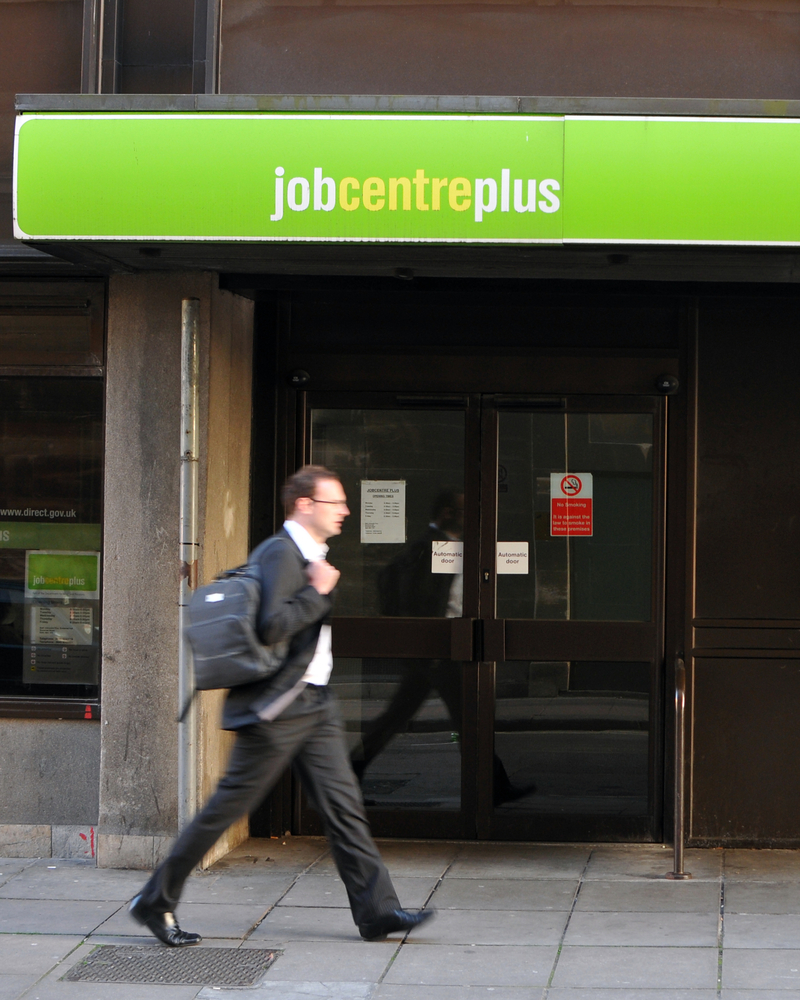The UK jobs market has shown additional signs of deterioration, with wage growth slowing and the number of vacancies for open jobs falling.
The unemployment rate remained at 4.7% in June – the highest level since 2021. There were 6,000 fewer people on UK payrolls and 10,000 fewer vacancies.
– Advertisement –
This all points to a slowing UK economy that demands action from the government and the central bank. Whether they actually take any action is another thing altogether.
The government has shown it is economically illiterate, and the Bank of England will likely be paralysed by fears of inflation returning to cut rates significantly this year.
Unfortunately, this toxic cocktail will culminate in further job losses and a slower UK economy.
“The latest UK jobs data reinforces a tough backdrop: the labour market is softening, but inflation remains too high for the Bank of England to pivot dovish. That’s a painful combination, households face slower wage growth just as higher food and energy bills bite, while firms cut back on hiring amid rising taxes,” said Lale Akoner, global market analyst at eToro.
“It’s hard to see a near-term catalyst for stronger domestic demand, and the November budget could tighten conditions further.
Akoner provided insight into where investors may find refuge as the UK’s economy grinds to a halt under the weight of higher taxes and a directionless government.
“For investors, that points to caution around UK consumer-facing stocks, which may struggle under the squeeze. Instead, opportunities may lie in global UK multinationals with foreign revenue streams that can offset domestic weakness, or in defensive sectors with stable cash flows,” Akoner suggested.
“Until inflation convincingly cools, the BOE is stuck holding rates high, keeping pressure on growth. The trade-off between weak employment and sticky prices underlines why UK assets could remain volatile.”

